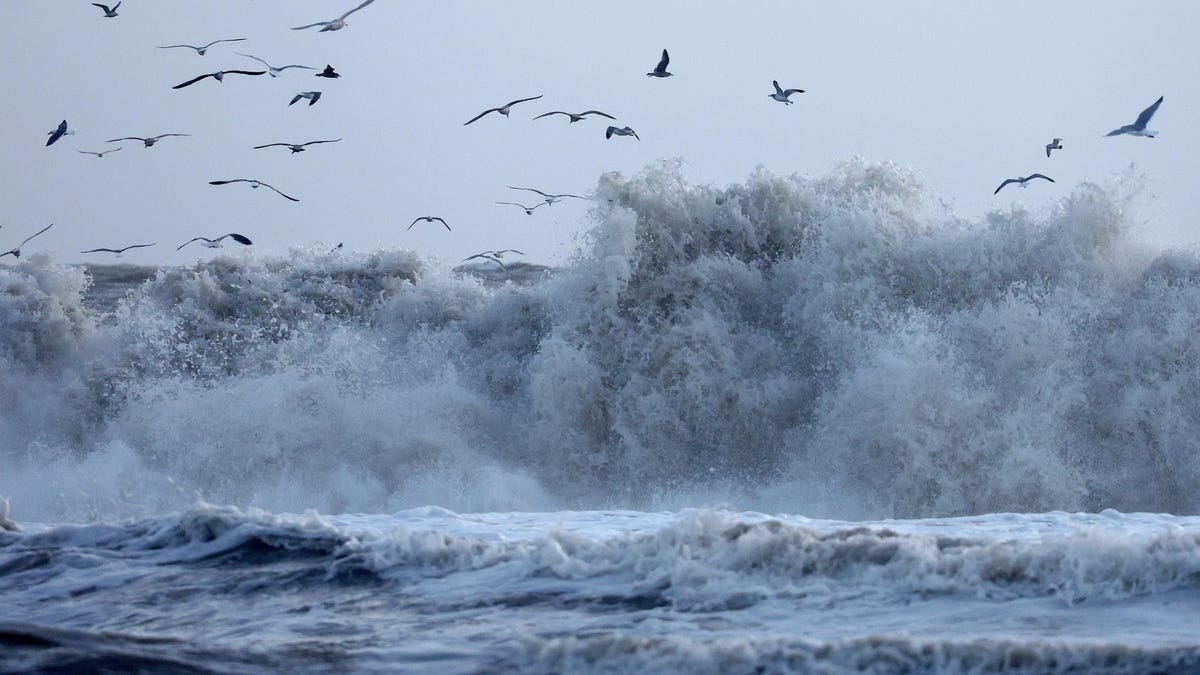No. It's about computer models or simulations.GIGO is about computers in general, not simulations. And it undeniably implies that good data in makes for good data out.
And not data per se but an accurate representation/understanding of the process being modeled.






